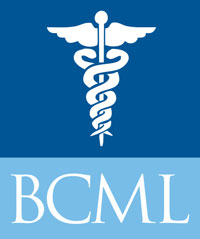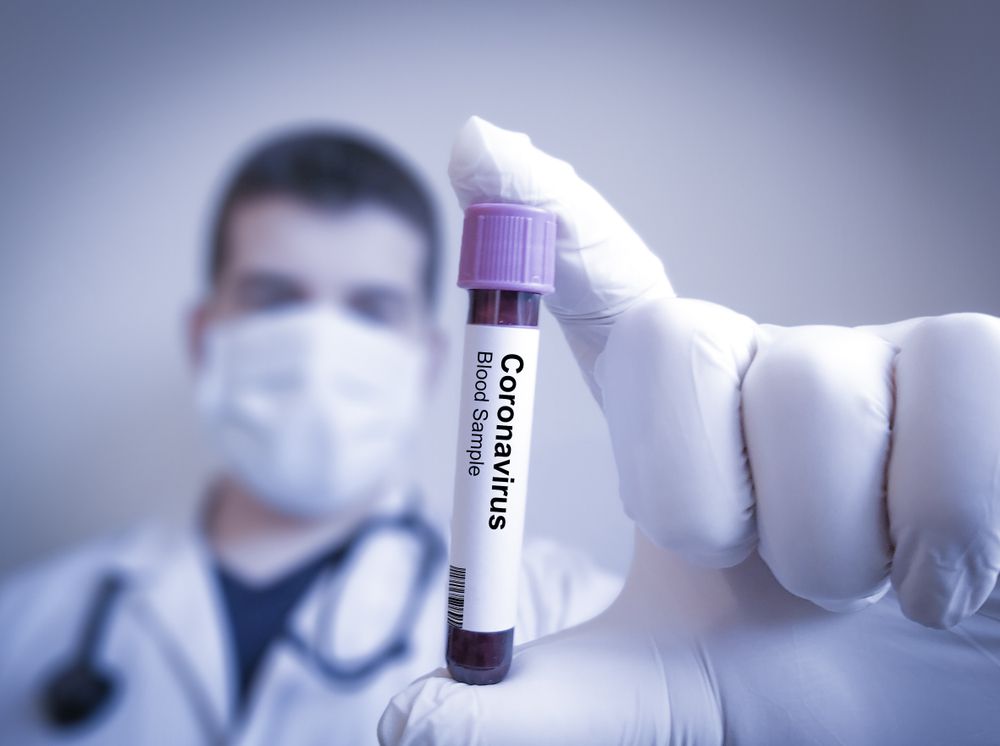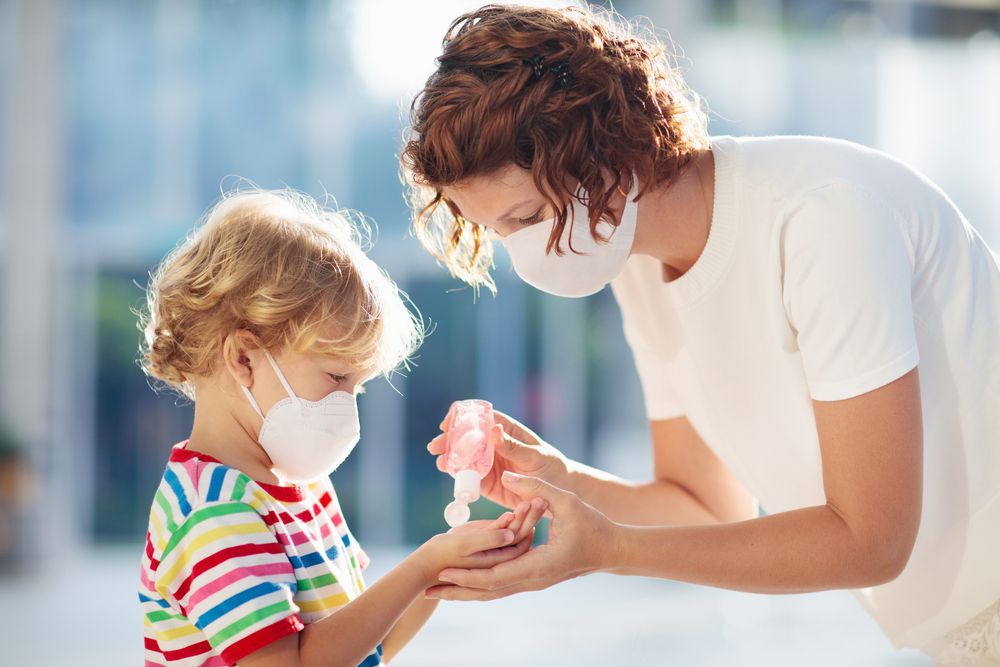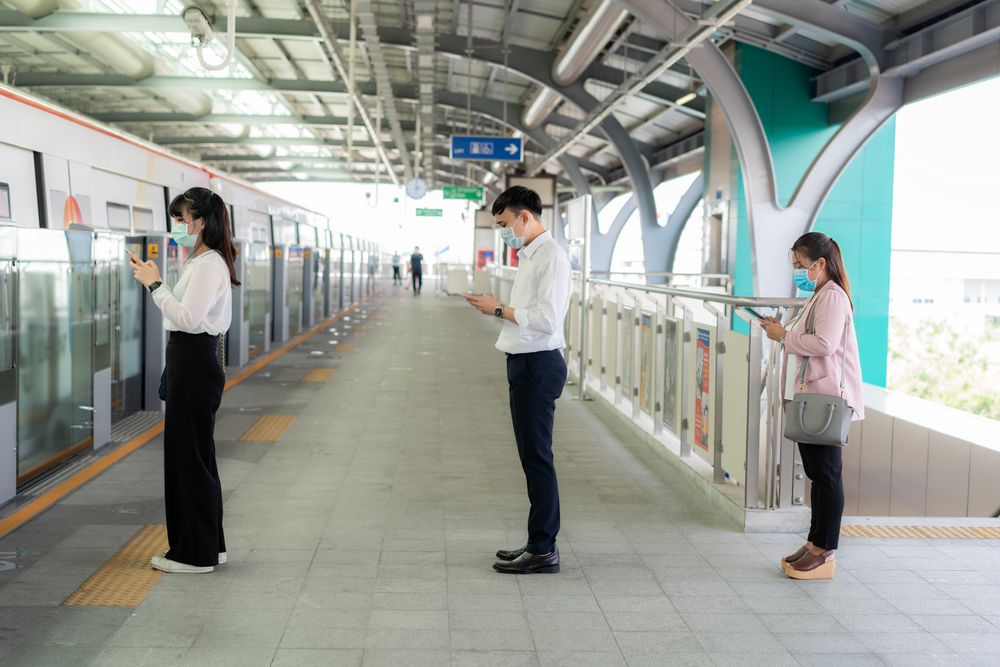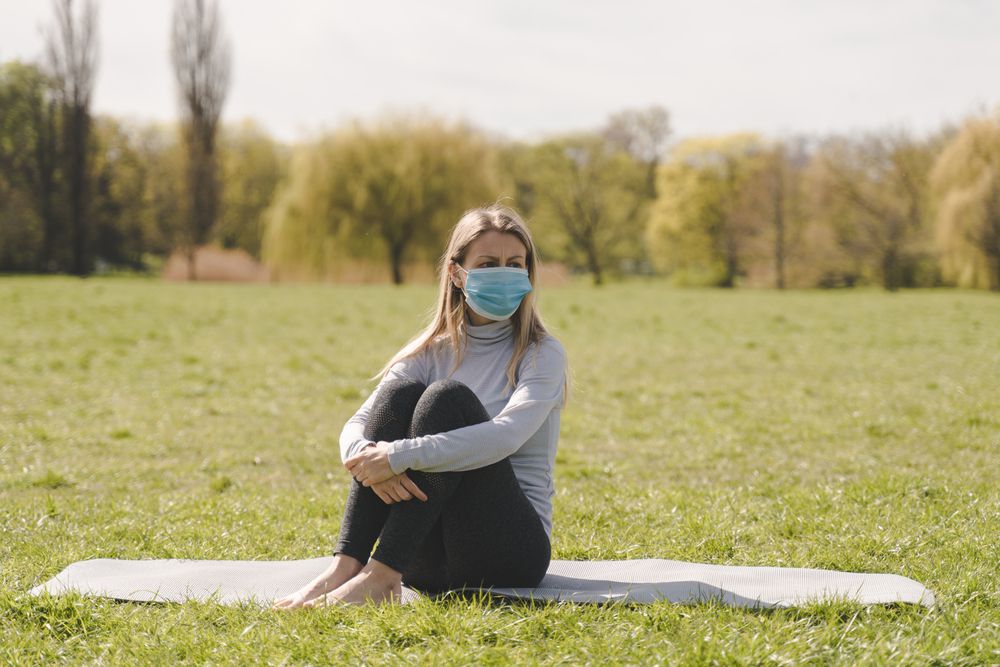As the COVID-19 pandemic unfolds, we have all heard the phrase “unprecedented times” more often than we can count. Even though the words may have begun to lose impact, they are still true. We are living in a time that is completely unlike anything else anyone living has experienced in their lifetime.
For many of us, our daily lives are filled with news of the pandemic and it can be scary. It is not only scary for what could happen but because there is no clear instruction on the best ways to stay healthy.
While COVID-19 remains a new virus with much to be discovered, we do have knowledge of the best ways to protect ourselves and others during a pandemic. Here we will discuss these methods to help keep you safe and to reduce the stress and anxiety of uncertainty.
Wash Your Hands
It almost sounds too simple to be effective, but washing your hands is one of the best ways to combat the spread of viruses like COVID-19. If you are wondering how to keep healthy during a pandemic, this is the first thing to know. It’s the most preached rule at every walk-in clinic in Canada.
According to the British Columbia Centre for Disease Control (BCCDC), roughly 80% of common infections are spread through touch. Proper handwashing has been proven to dramatically reduce the chances of transmission.
Proper Hand Washing
Not all handwashing routines are created equally. To optimize the benefits of handwashing, BCCDC recommends applying soap and water then rubbing your hands together for at least 20 seconds. 20 seconds may seem long, but this gives you enough time to properly create friction and cover all parts of your hands: palms, back of hands, between your fingers, wrists and under your nails. When turning off the tap, it is recommended that you use a paper towel to avoid recontamination.
Hand Sanitizer
While handwashing with soap and water is still the most effective cleansing method, hand sanitizer with 60% or higher alcohol content can be a great substitute.
To use hand sanitizer effectively, you should apply a generous amount of the solution to cover your hands completely. Continue to rub your hands together until the solution has completely evaporated. Doing this regularly will keep you safe from viruses and help you manage your health during the COVID-19 pandemic.
Hand sanitizers are best used on dry hands with no visible dirt or grease. Having any substance on your hands before applying the sanitizer will reduce its effectiveness.
When to Wash Your Hands
The short answer to this is, when in doubt wash your hands. However, to keep healthy during a pandemic these are the most important times to wash your hands:
- Before and after handling food
- Before eating or drinking
- Before touching your face, nose or mouth
- After blowing your nose or coughing into your hand
- After touching any public surface
- After using the restroom
- Before and after touching someone else
Nevertheless, these guidelines should be practiced at all times to keep yourself protected against viruses, though they are highly encouraged during this pandemic.
Practice Social Distancing
A few months ago, “social distancing” was an unknown phrase for most of us. Now, it has become a tip to protect your health during this pandemic. But what is social distancing and how can you do it effectively?
Social or physical distancing is, in short, maintaining at least 2 meters of space between yourself and other people. 2 meters is the minimum distance required to reduce the chances of virus transmission from one person to another through a sneeze or cough.
What about people you live with? Ideally, members of a household will remain in isolation together and minimize outside exposure. However, if this is not possible, there are ways to reduce the chance of spread within a household.
To protect your health, it is essential that each member of the household observes basic precautions. These pandemic related precautions include wearing a face mask in public, washing hands frequently and avoiding crowded places.
Secondly, if one member of the household shows signs of illness, they should do their best to quarantine in one room or area of the home. Other members of the household should minimize contact with the sick person and use masks, gloves and sanitation measures to further reduce risk.
Practice Social Media Distancing
While we should strive to use digital social tools to stay in touch, social media can also negatively impact mental health. Even when there are less overwhelming outside factors working against us, a scroll through social media can make us feel as if we are missing out or that everyone else’s lives are going better.
Add in the alarming news stories, conspiracy theories, and fighting between other people. You will find that social media can easily make you feel worse. In fact, a recent study showed that social media can even make you feel more lonely – the exact opposite effect that we are trying to achieve during these difficult times.
Instead of scrolling through your newsfeed for the 80th time today, set up a chat with friends on Skype, Zoom or even just a phone call for that retro communication feel. No matter how you use social media, be mindful of how it is making you feel and take a break when it gets to be too much.
Be Mindful of Mental Health
If social distancing and worry over the pandemic have you feeling sad, lonely or overwhelmed, you are not alone. While physical safety and well-being are at the top of everyone’s priorities, reducing stress can help your immune response too. It can also help you to avoid engaging in unhealthy coping mechanisms like overeating and drinking, both of which can negatively impact your ability to fight off a virus.
Fortunately, there are a variety of strategies to help each of us cope in a healthy way. Canada’s Centre for Addiction and Mental Health (CAMH) offers a comprehensive resource list for addressing stress and well-being during the pandemic.
Some general ways to help yourself feel better is to prioritize things like eating healthy and getting exercise whenever possible. However, if you are finding it difficult to either find the time or the will to engage in self-care, it could be time to seek professional mental healthcare. AMH also offers a resource guide to seeking telehealth appointments with psychologists and psychiatrists.
Practice Preventative Care and Management of Medical Conditions
With so many changes, it can be difficult to think about anything but COVID-19. However, it is more important than ever to take care of your preexisting conditions and to seek preventative care. Chronic diseases like diabetes and hypertension are especially important to manage.
Controlling blood sugar and blood pressure will help you better fight off the virus if you come in contact with it. This will also help you avoid emergency situations that can develop when chronic diseases are left unchecked.
Here are key ways to manage your health during a pandemic:
Take Prescription Medication
If you currently pick up your prescription, consider having it delivered to you instead. This will help you avoid going out and ensure that you have an adequate supply. Doctors are also allowing for 90-day supplies of many drugs, thus reducing the number of times you might need to renew a prescription.
If you are still getting 30-day refills, contact your doctor to see if this can be changed. It is also important to leave plenty of time to get your refills. It is recommended that you contact your doctor or pharmacy at least a week in advance before you run out of a prescription. This will leave time in case the pharmacy does not have a supply or if the prescription needs to be mailed to you.
Make Diet and Exercise a Priority
While it might be tempting to give up on exercise and start eating junk food while you are stuck inside, this can make you feel worse. Processed foods high in sugar and salt can negatively impact both our moods and energy levels. Instead, aim to get the majority of your calories from things like fruits, vegetables and lean proteins.
Additionally, regular exercise can be key to managing your health during this pandemic. Try to incorporate exercise in a fun, manageable way. For some, this might include walking around your neighbourhood or a local park. Remember to take your face mask and maintain at least 2 meters of distance from any other people out enjoying the day.
Interactive video games, deep cleaning your home and even just dancing around the house can all be counted towards your daily exercise goals – trying to stay active does not need to be a boring or stressful task!
Seek out Telehealth Appointments
Managing preexisting and preventative care can seem daunting when social distancing. However, telehealth appointments make it easier than ever. With telehealth, your doctor will engage with you over the phone and/or over a video chat. While an in-person visit may be required for certain conditions, telehealth is a safe, simple way to get prescription refills, discuss health concerns and more.
Are you looking for ways to manage your health during the pandemic? BCML offers convenient telehealth appointments for new and existing patients. To check appointment times, contact us at 416-929-1900.
